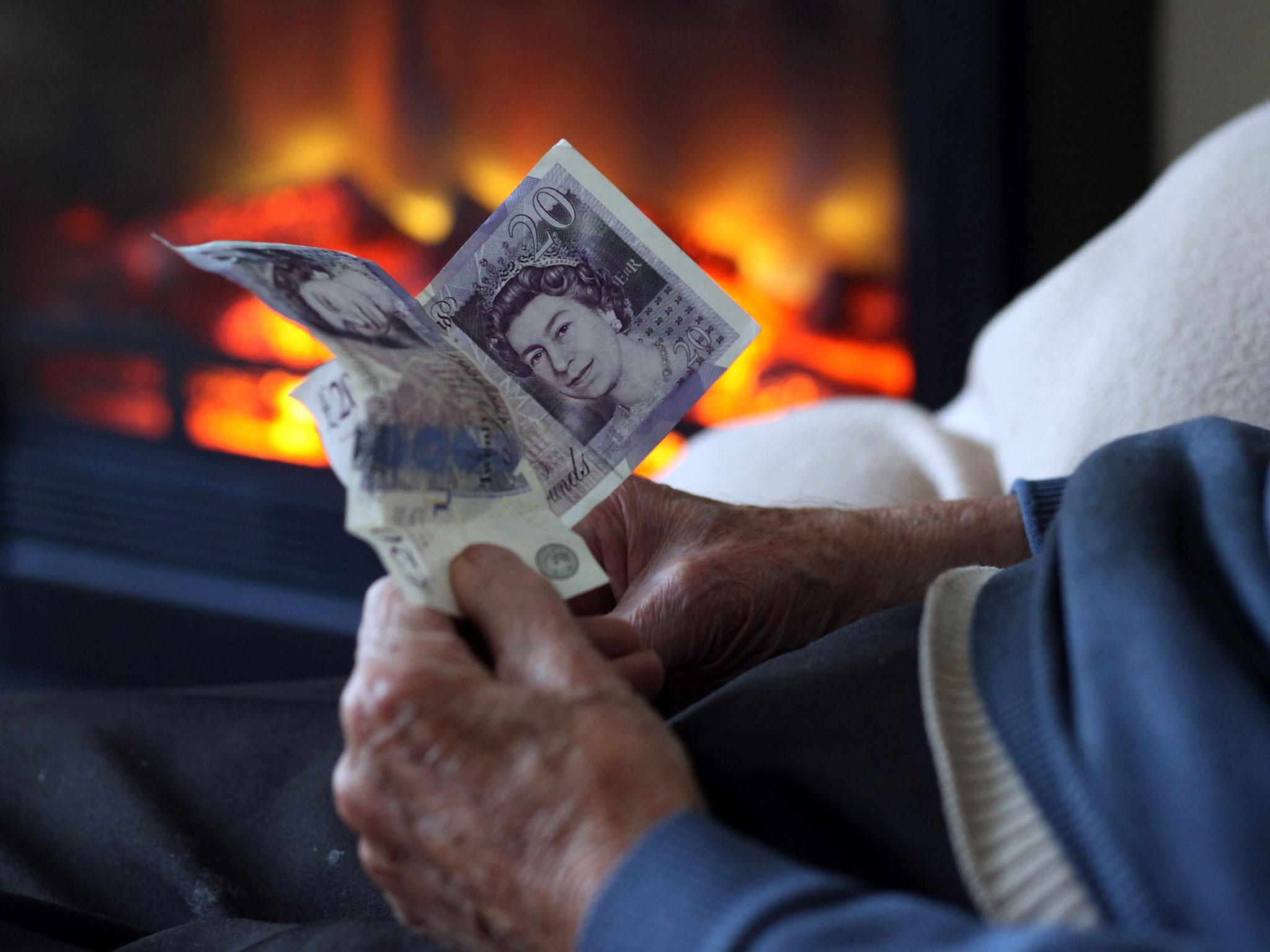Energy bills jump 21% in five months leaving millions facing fuel poverty this winter
Average yearly cost of the best deals jumps £148 to £1,042

The average price of the cheapest 30 energy tariffs has jumped by more than a fifth in just five months, new analysis has found.
After price hikes from all of the major suppliers, the average yearly cost of the best deals is now £1,042, having jumped £178 since May.
This sharp rise in prices is likely to leave millions unable to properly heat their homes this winter, despite the government’s proposed price cap designed to protect consumers from rip-off tariffs. The long-awaited cap is now not due to come into force until December.
At the start of April, suppliers were offering 89 tariffs costing under £1,000 per year for the average household. That figure has plummeted to just four, none of which are fixed-price deals.
According to MoneySuperMarket, the cheapest option is now a variable priced "100 per cent Green" tariff from Pure Planet, costing £921 a year.
The cheapest Big Six tariff is a one-year fixed deal from British Gas (‘Energy Plus Boiler Cover October 2019’) at £1,020, £204 cheaper than the Big Six average standard variable tariff.
British Gas, EOn, Scottish Power and EDF, have raised prices twice this year, blaming rising wholesale energy costs.
The government’s energy price cap for people on poor-value variable tariffs is due to come into force in December, “subject to the necessary consultations," energy regulator Ofgem said last month.
Ofgem also raised its safeguard cap on variable tariffs by £47 per year to £1,136 for those who prepay for their fuel.
The cap is designed to protect five million households from being overcharged, and was extended to a further one million homes earlier this year.
Millions of people face not being able to heat their homes this winter or going without other essentials to keep warm.
More than one in 10 households in England – two-and-a-half million families – were living in fuel poverty, a government report said in June before the latest round of price rises.
Separate research found that more than 3,000 people are “needlessly” dying each year in the UK because they cannot afford to properly heat their homes.
The UK has the second-worst rate of excess winter deaths in Europe, a study by National Energy Action and environmental charity E3G found.
Stephen Murray, energy expert at MoneySuperMarket said energy prices were “extremely volatile” at present.
“While prices are rising and getting closer to the level of the price cap (£1,136), it’s worth noting the latter will not stay at the same level. It will almost definitely rise early next year and customers who sit tight now thinking they will be protected will be sorely disappointed.
“The price cap is creating an artificial market, which will still have to reflect market conditions at its next update. That means its level could rise anywhere from £100 to £150.”
Join our commenting forum
Join thought-provoking conversations, follow other Independent readers and see their replies
Comments